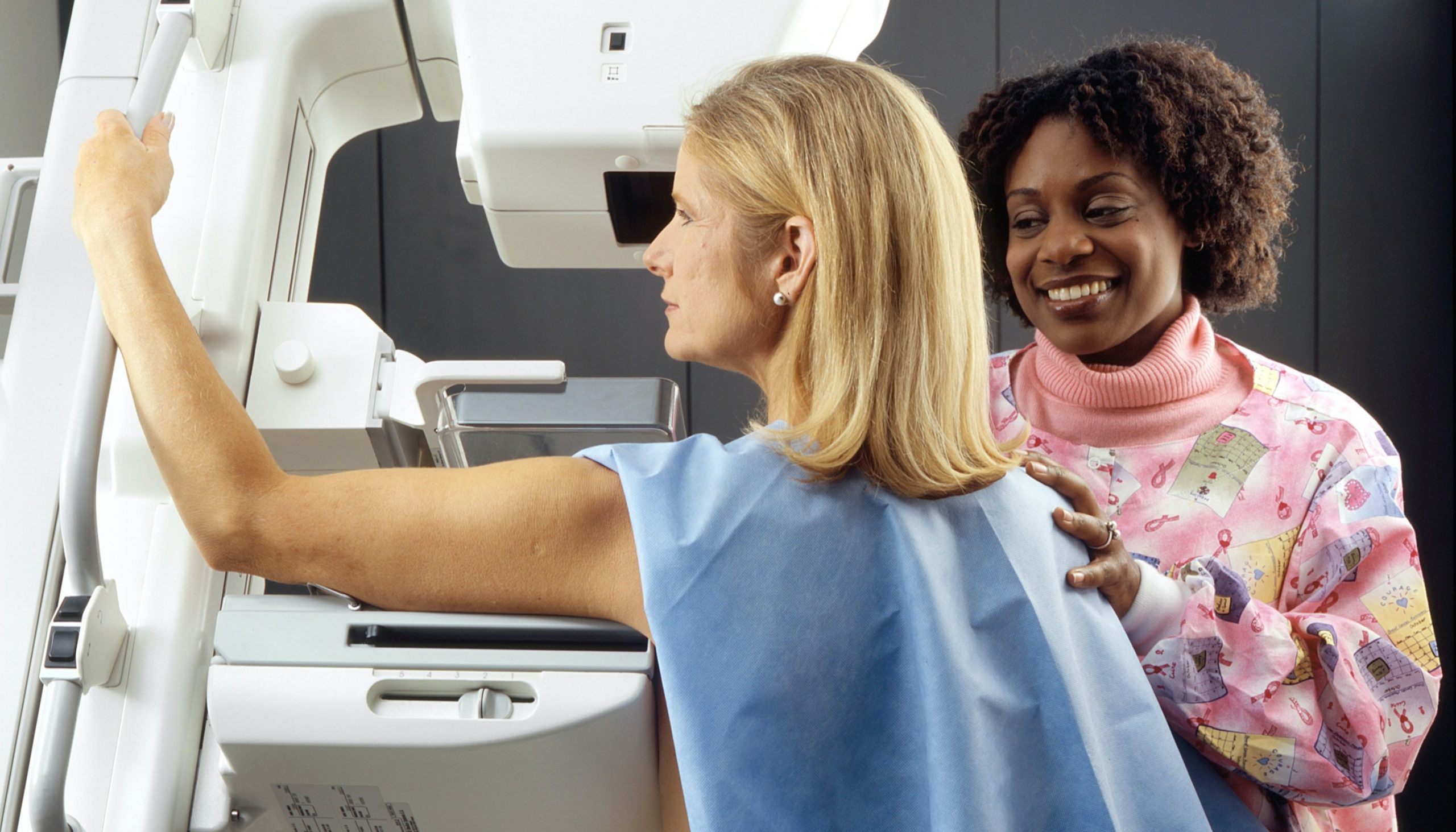Case study: BOADICEA
HealthPatients and clinicians want to know the risk of women developing breast cancer so they can manage this risk and prevent cancer development and deaths.
Moreover, they want to be able to calculate this risk in a streamlined manner, using existing clinical platforms, in order to save clinical time.
Professor Doug Easton and Professor Antonis Antoniou, together with their teams at the Department of Public Health and Primary Care, and funded largely by Cancer Research UK, have developed a software platform that calculates the risk of breast cancer by incorporating genetic, family history, lifestyle, hormonal, reproductive and mammographic density information. This comprehensive and validated model, named Breast and Ovarian Analysis of Disease Incidence and Carrier Estimation Algorithm (BOADICEA), enables high levels of breast cancer risk stratification in the general population and women with family history, and facilitates informed decision-making on prevention therapies and screening for the individual.
Adoption of BOADICEA
The BOADICEA model was already available for clinicians and researchers to use for free, for non-commercial purposes through CanRisk, a web tool hosted by the research group, and had been widely adopted after being recommended by NICE and other guidelines for clinical use in patients with familial risk of breast cancer.
Next commercialisation steps
The next step was to respond to the demand for an integrated version of BOADICEA, which could connect to existing clinical software and save clinical time. Ideally, data would be seamlessly inputted into existing software, run through the risk model and the calculation made available smoothly. Cambridge Enterprise stepped in to manage the due diligence and negotiations for two non-exclusive software licences to Phenotips and FamGenix, two companies who provide clinical software solutions.
Private clinics and genetic service providers also wanted to be able to offer BOADICEA to their patients, to improve breast cancer risk management. We also facilitated non-exclusive licences to two companies in this space.
BOADICEA more widely available
As a result of the licences we’ve negotiated, clinicians can carry out breast cancer risk stratification quickly and effectively by incorporating BOADICEA into their own software platforms or accessing software solutions with BOADICEA already integrated. This will lead to increased uptake of breast cancer risk calculation to enable prevention and early detection of breast cancer in the general population and patients with family history.
For the academic creators, commercial licensing has led to increased impact of their research, as well a developing commercial relationships which could lead to potential future collaborations.
We are very pleased to enter into an agreement with Cambridge Enterprise for the licensing of BOADICEA.
Our commercialisation of BOADICEA (called BRRISK) will not only provide a user friendly experience for women to populate their personal information, but enable them to engage with their Doctors based on the personalised reports the system will generate. BRRISK will also play a role in education, by helping understand one’s personal risk of breast cancer.
New Zealand Family Cancer Services
BOADICEA being incorporated within BRRISK helps time-poor GP’s to stratify patients according to risk. This means we see those women who really need to be seen and apply evidence-based guidelines to screening and surveillance.

Are you interested in licensing BOADICEA?
If you would like more information on BOADICEA, or are interested in licensing it, please complete our general enquiry form:




